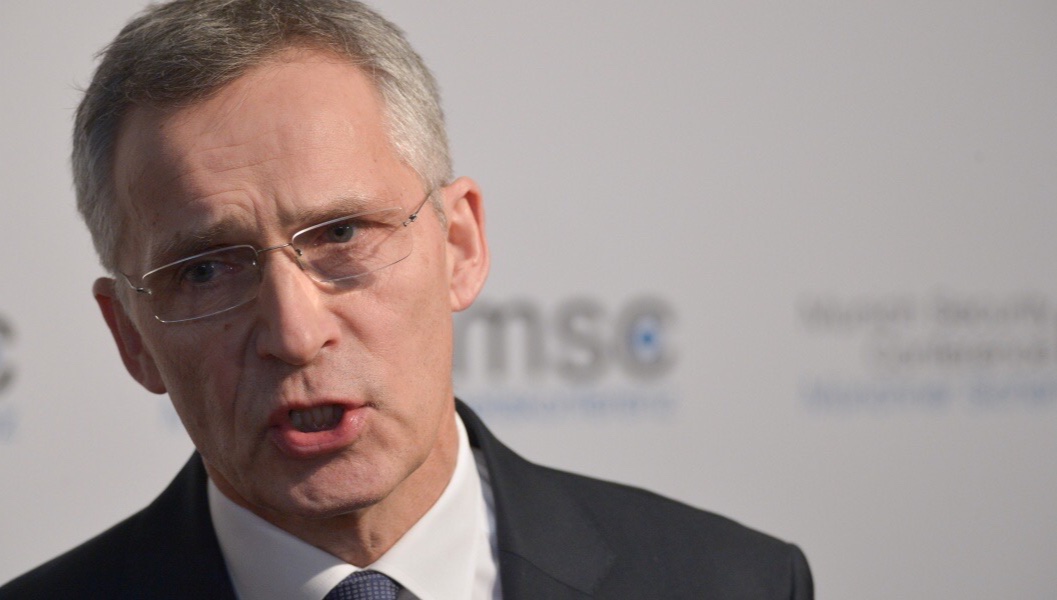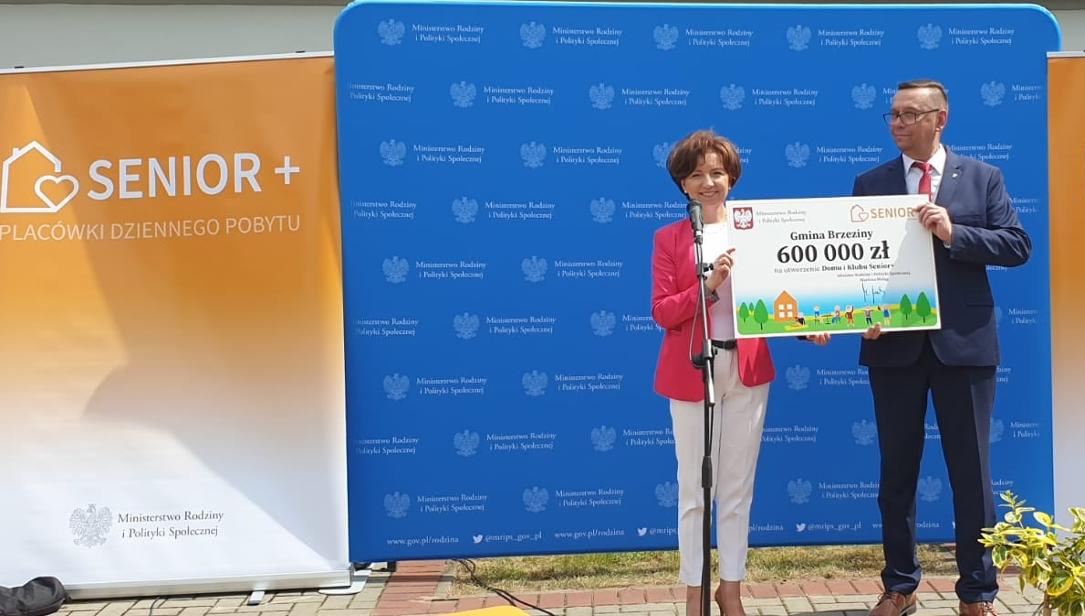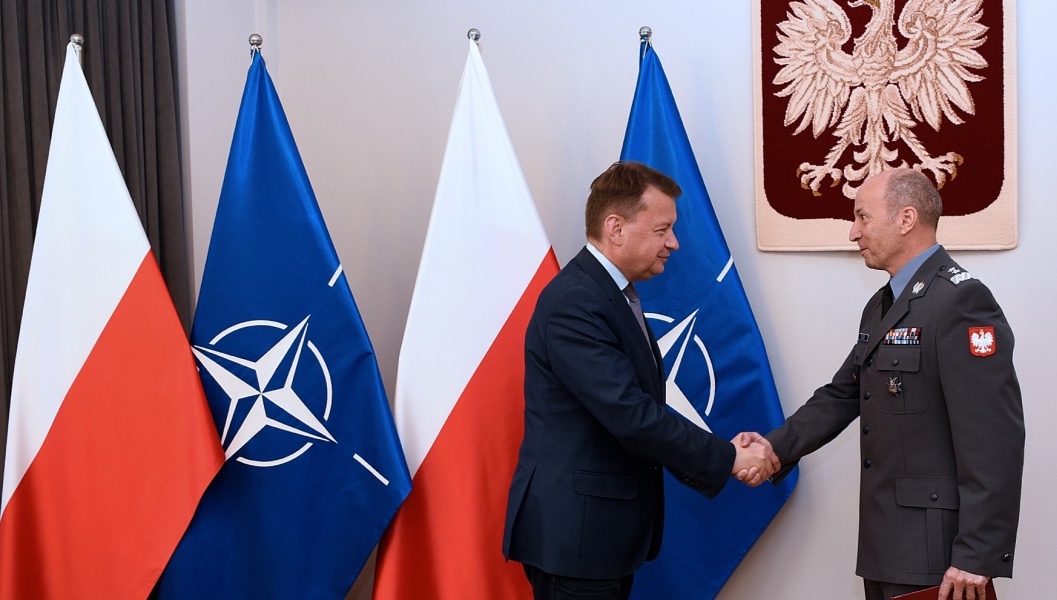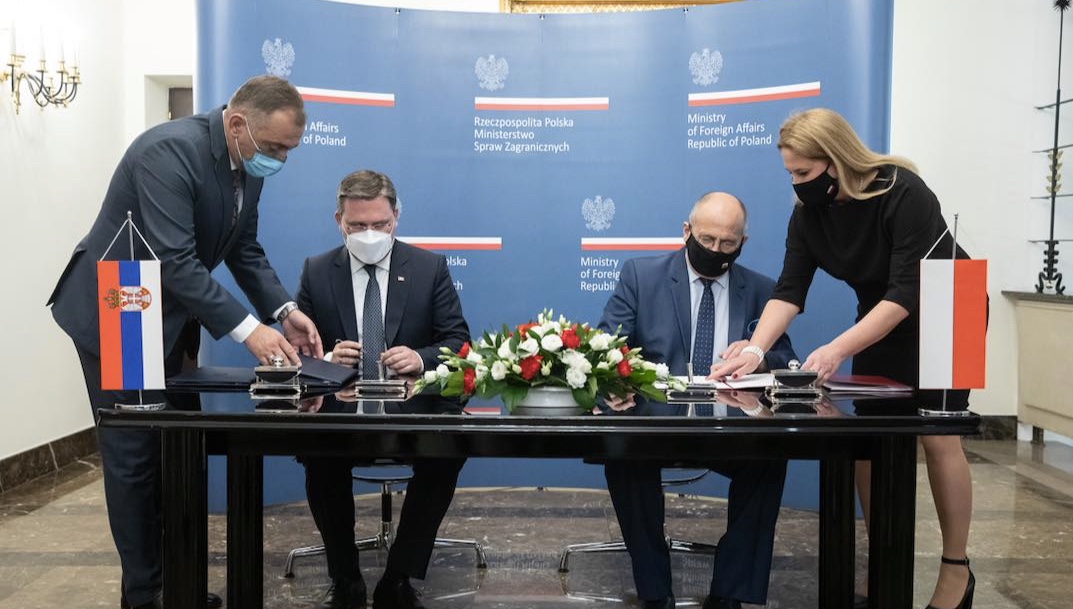14th June marks the 81st anniversary of the first deportation of Poles to the Auschwitz German camp. On June 14, 1940, the Germans brought 728 men from the prison in Tarnów. Poles became the first prisoners of Auschwitz because it was for them that the Germans created the camp. The last prisoner – Kazimierz Albin – passed away in July 2019.
June 14 is celebrated in Poland as the National Day of Remembrance for the Victims of German Nazi Concentration Camps.
The establishment of a concentration camp on the outskirts of Oświęcim, a town on the border between Silesia and Lesser Poland that the Germans renamed Auschwitz, was proposed in late 1939 by SS Oberfuehrer Arpad Wigand, an inspector of the security police and security service from Wrocław. The German occupiers were disturbed by the increasing reports of prison overcrowding in Upper Silesia and Zagłębie Dąbrowskie. A resistance movement was growing, which could only be crushed by mass arrests.
Wigand believed that the prisoners at Auschwitz could be placed almost immediately in the barracks after the Polish army. The terrain made it possible to expand the camp in the future and isolate it from the outside world. The SS pointed out a convenient train connection. A line connecting the town with Silesia and the General Government ran nearby. The order to establish the camp was probably given by the SS Heinrich Himmler in the first days of April 1940. Rudolf Hoess, later his first commander, took charge of the organization.
On May 20, 1940, SS Gerhard Palitzsch brought 30 prisoners, German criminals imprisoned in Sachsenhausen Concentration Camp, to Auschwitz. They had the numbers 1 through 30 tattooed on their arms. They formed the nucleus of the functional staff.
June 14, 1940, is considered to be the date when the camp was opened. On that day, the first transport of 728 Polish political prisoners arrived at Auschwitz from the prison in Tarnów, sent there by the commander of the security police and security service in Cracow. Among the deportees were soldiers of the Invasion of Poland (known also as the September Campaign) who tried to get to Hungary, members of underground independence organizations, high school and university students, workers and intelligentsia, as well as several Polish Jews. The train consisted of second-class passenger cars.
Bogumił Antoniewicz, one of the prisoners deported on June 14, recalled after the war that most of them were young people. The oldest were about 50 years old.
Zbigniew Damasiewicz remembers that there were monks and priests among the first prisoners.
The train with Poles transported to the camp stopped in Cracow on its way. The deportees then heard of the fall of Paris.
Upon arrival in Auschwitz, the prisoners were given numbers from 31 to 758 and placed in the buildings of the former Polish Tobacco Monopoly, near the site of today’s Auschwitz Museum. The camp was not yet ready to receive them. The lowest number, 31, was given to Stanisław Ryniak.
“I have wondered many times how it happened that I received number 31 – the first number of a political prisoner of a Pole. It is known that criminal prisoners from Germany were marked with numbers 1-30. Maybe my name was first on the transport list, or maybe it was just a coincidence,” he said after the war.
Of the 728 prisoners deported on 14 June, 325 survived the war. 292 were killed. The fate of 111 people is unknown. The last one – Kazimierz Albin – passed away in July 2019.
By exterminating Poles at Auschwitz, the Germans gained two objectives: an immediate one of terrorizing the population, and a far-reaching one of gradually reducing the Polish population in areas designated as “German living space” to be Germanized.
Representatives of the Polish elite were sent to the camp: people of science, culture, art, politicians, clergy, doctors and teachers, lawyers, engineers and officers, as well as people caught during street round-ups. The Germans deported the displaced population of the Zamość region to Auschwitz. During the Warsaw Uprising, transports with residents of the capital arrived there. Among the Polish victims of the camp were Oświęcim residents. Many of them helped the prisoners. The camp was also a place where the Germans carried out death sentences of the Katowice Gestapo summary court.
In total, the Germans brought about 150 thousand Poles to Auschwitz. Nearly half did not survive.
Auschwitz together with Birkenau and a network of sub-camps became the largest German camp. At least 1.3 million people have been reached. The complex has become a symbol of the extermination of Jews. At least 1.1 million people, mostly Jews have died there.










